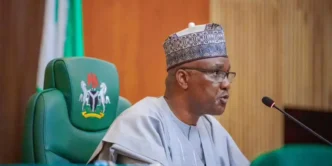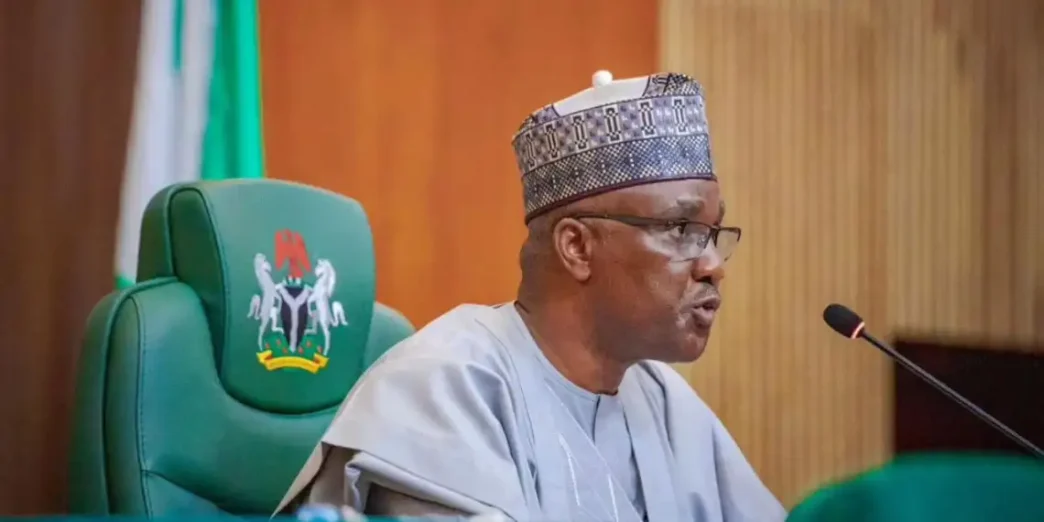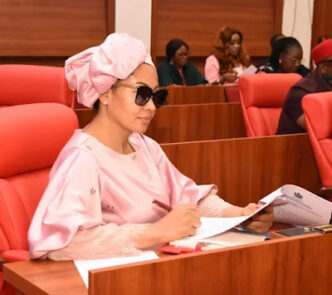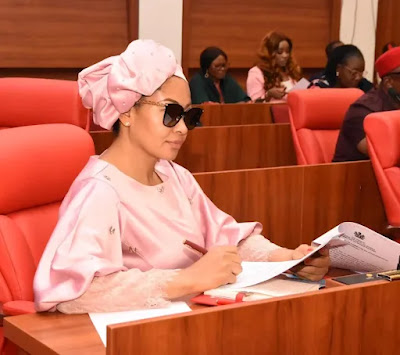Nigeria’s debt burden has reached alarming levels, with Speaker of the House of Representatives, Abbas Tajudeen, warning that the country has already exceeded its legal borrowing ceiling.
The Speaker raised the concern while addressing lawmakers and stakeholders at the 11th Annual Conference and General Assembly of the West Africa Association of Public Accounts Committees (WAAPAC) in Abuja on Monday, September 8.
According to Tajudeen, Nigeria’s public debt hit ₦149.39 trillion (US$97 billion) in the first quarter of 2025, a sharp rise from ₦121.7 trillion recorded just a year earlier.
The most worrying revelation, however, was the nation’s debt-to-GDP ratio, which now stands at 52 percent, far above the statutory ceiling of 40 percent set by Nigerian laws.
“As at the first quarter of 2025, Nigeria’s total public debt stood at ₦149.39 trillion, equivalent to about US$97 billion,” Tajudeen said.
“Even more concerning is the debt-to-GDP ratio, which now stands at roughly 52 percent, well above the statutory ceiling of 40 percent set by our own laws.”
He described the breach as “a signal of strain on fiscal sustainability,” adding that the trend calls for urgent reforms in borrowing practices and stronger oversight.
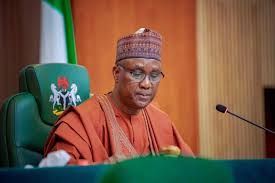
The Speaker also cautioned that several African nations were already in dangerous debt-to-GDP territories, spending more on debt servicing than on essential services.
“This is not just a budgetary concern, but a structural crisis that demands urgent parliamentary attention and coordinated reform,” he warned.
Tajudeen further stressed that borrowing should never be reckless, but instead channelled towards productive investments.
“Borrowing should support infrastructure, health, education, and industries that create jobs and reduce poverty,” he said.
“Reckless debt that fuels consumption or corruption must be exposed and rejected.”
The Speaker assured Nigerians that the 10th House of Representatives remains committed to transparency under its Open Parliament policy.
He announced that all major borrowing proposals would be subjected to public hearings, while simplified debt reports would be published for citizens.
“Oversight is not just about figures, but about the lives and futures behind those figures,” Tajudeen stressed.
